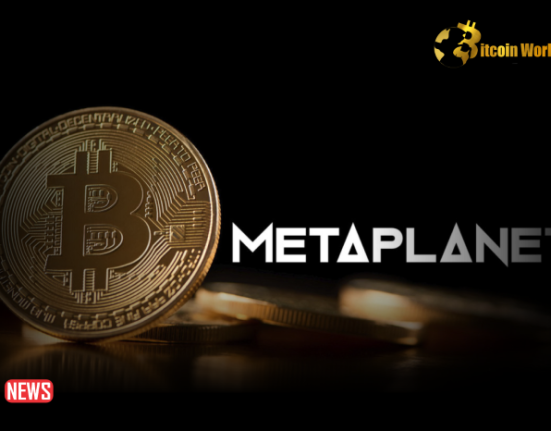- Nigeria’s data and policy analyst Obinna Uzoije noted that adopting Europe’s MiCA regulations would offer potential crypto investors much-needed clarity.
Nigeria’s crypto community has praised Europe’s Markets in Crypto-Assets Regulation (MiCA) stablecoin rules as a positive development, saying it is important for jurisdictions to prioritize their interests regarding crypto projects, thereby protecting their local currencies.
In an interview, Nigerian data and policy analyst Obinna Uzoije shared his thoughts on what the Economic Community of West African States (ECOWAS) can learn from Europe’s MiCA.
He highlighted the numerous advantages that ECOWAS’s regulatory framework regarding cryptocurrency would bring to its member states.
MiCA’s Stablecoin Regime
Uzoije pointed out that stablecoins are currently the most prominent use case for crypto assets. According to him, Africa, in particular, has more transactions using stablecoin than any other type of digital asset.
Given this context, the MiCA’s “Stablecoins Regime,” which takes effect on June 30, becomes a significant milestone for crypto asset regulation in Europe and potentially beyond.
With no transitional period, this regulation requires issuers and other entities to obtain a MiCA license to publicly offer or trade asset-referenced tokens (ARTs) or e-money tokens (EMTs) within the European Union.
Attracting Crypto Investors To ECOWAS
According to Uzoije, Nigerian President Bola Tinubu’s current leadership of ECOWAS gives the organization the perfect opportunity to develop a regulatory framework for crypto projects.
Meanwhile, some ECOWAS countries, like Sierra Leone, have stringent or outright bans on cryptocurrencies. An overall regulatory framework by ECOWAS across its 15 member countries could help ease these restrictions.
A unified regulatory framework for all ECOWAS member states would offer potential crypto investors much-needed clarity.
Uzoije suggested that ECOWAS-specific rules would simplify investment across member states, eliminating the need to comply with multiple national regulations.
“This could attract more investors by addressing regulatory uncertainty, one of the significant global drawbacks of crypto investment.”
Uzoije stated that considering that the Nigerian authorities cited money laundering as a significant issue with Binance in their ongoing dispute.
ECOWAS can enhance the fight against money laundering by establishing a unified regulatory framework across its member states.
In Uzoije’s opinion, this would streamline tracking money laundering by crypto entities within ECOWAS. Terrorism, a primary concern, has also been linked to crypto financing. Clear regulations would help authorities address terrorism financing.







